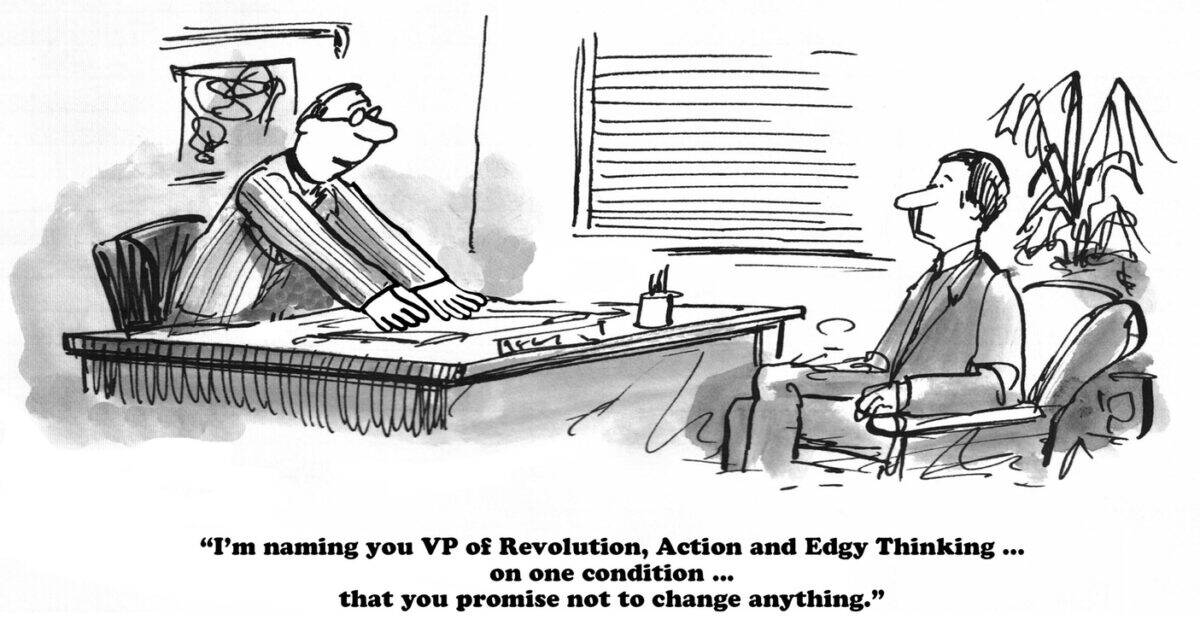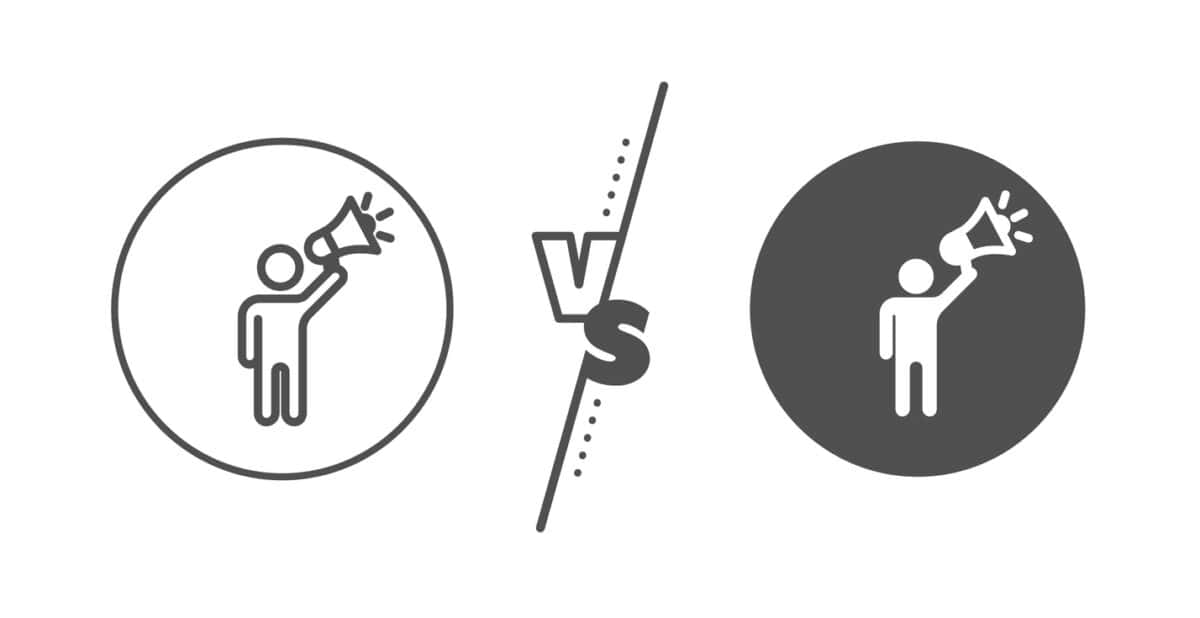The second in our series of occupational health and safety questions to an artificial intelligence centres on the issue of ISO 45003’s influence on the management and prevention of psychosocial hazards. It was asked:
“How influential has ISO45003 been in achieving systemic and organisational change in Australia?”







